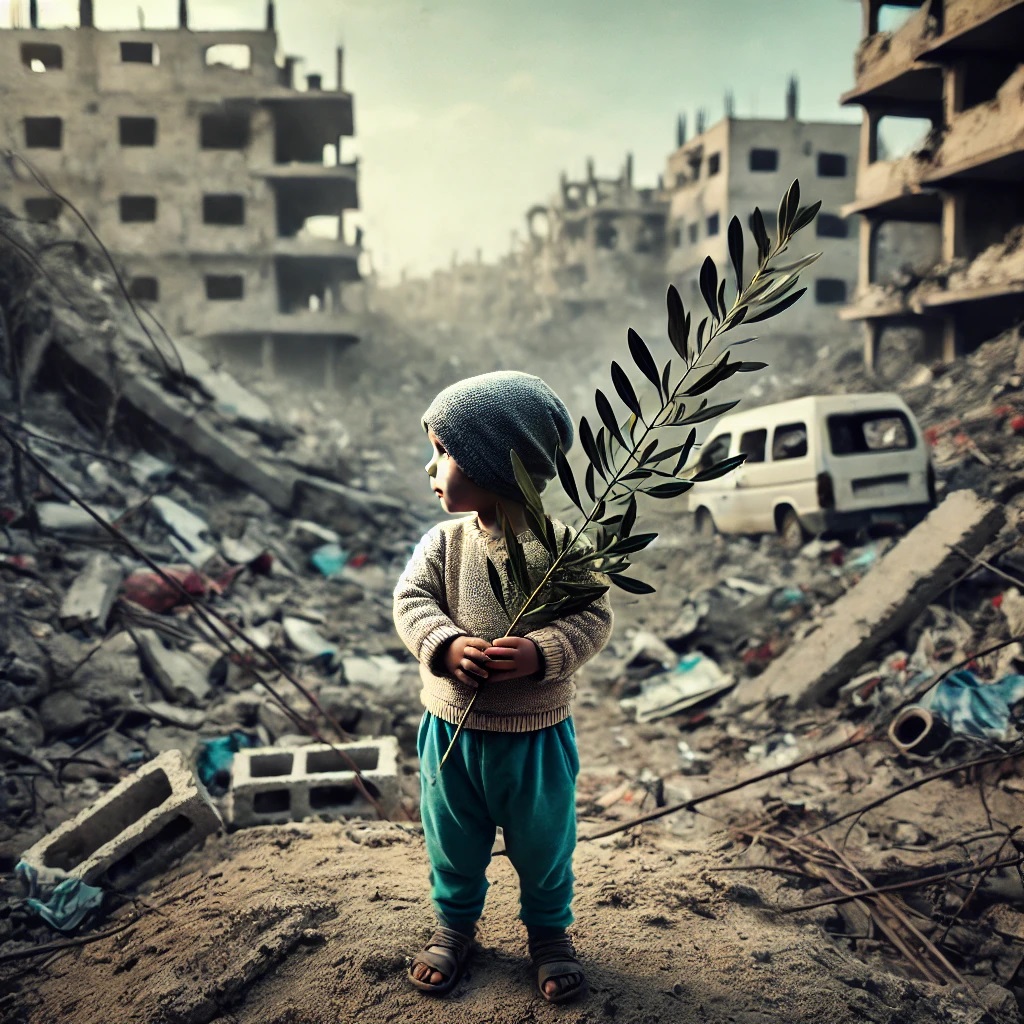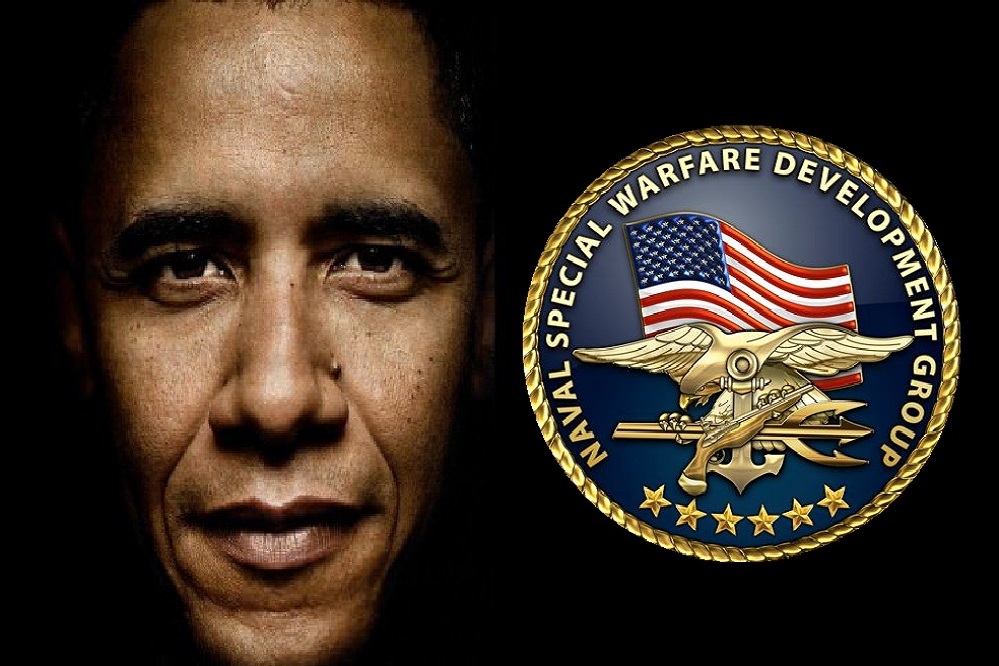The Middle East is at a breaking point.
In a matter of days, the decades-long Israeli-Iranian cold war has turned hot. Following a wave of targeted Israeli airstrikes on Iranian nuclear and military facilities—killing senior IRGC figures and crippling key infrastructure—Iran responded with an overwhelming barrage of missiles and drones. The result? Hundreds dead, rising panic, and the very real possibility that the next escalation could go nuclear.
Tehran is now in chaos. Families are fleeing en masse, gas stations are empty, and air raid sirens scream as Israeli jets continue pounding strategic targets.
Amid the unfolding chaos, President Donald Trump made global headlines by abruptly cutting short his appearance at the G7 summit. Upon returning to Washington, he convened an emergency National Security Council session and then posted a chilling warning on Truth Social:
“Everyone should immediately evacuate Tehran. Simply stated, IRAN CAN NOT HAVE A NUCLEAR WEAPON. I said it over and over again!”
This was not just posturing. Many observers believe Trump is preparing America for direct involvement in the conflict should Iran escalate further or strike U.S. interests in the region.
But this moment is about more than strategy—it’s about prophecy and principle.
The Bible speaks of a time when the nations of the world would rise up and bring down fanatical systems of bloodshed, violence, and deception: “God will put it into their hearts to carry out His purpose by agreeing to hand over their power… to destroy the great harlot that corrupted the earth with her immorality.”
Whether one believes in prophecy or not, it is clear: the world is tired of religious extremism masquerading as politics. The innocent blood spilled by terrorists and the governments who harbor them has brought humanity to the edge.
The Bloody Past: Israel, Iran, and the Roots of Endless War
To understand how we got here, we must look honestly at history.
Ancient Israel was born in conquest. According to biblical record, the Israelites entered the promised land by slaughtering entire cities—every man, woman, and child—believing they were carrying out divine judgment. Yet centuries later, Israel itself was conquered by Babylon in 607 BCE, and again by Rome in 70 CE, leading to the Jewish Diaspora—scattered across the world.
Out of this displacement came both survival and ambition. Over time, Jewish communities built powerful international financial networks. Many historians acknowledge that by the early 20th century, elements of this system influenced global finance and diplomacy—including the Treaty of Versailles, which crushed Germany economically and inadvertently paved the way for Hitler’s rise and the Holocaust.
Meanwhile, Islam was born out of tension with Judaism. The prophet Muhammad drew heavily from the Torah and Old Testament, seeking to be accepted by Jewish tribes in Arabia. When they refused, he turned against them—leading to massacres, expulsions, and a shift toward militant expansion.
Upon Muhammad’s death, his followers split into two bitter factions—Sunni and Shia—each claiming rightful succession. That division became permanent, igniting 1,400 years of bloodshed across the Islamic world.
Thus, two peoples—Israelites and Arabs—each with ancient grievances, now stare across the battlefield with nukes in the wings, repeating the same cycles of conquest, betrayal, and vengeance.
Will this be a second Holocaust—or the beginning of true harmony?
President Trump believes peace is possible. But only by eliminating the cancer of radicalism and rebuilding something better in its place.
The Initial Ceasefire Agreement: A Temporary Solution to a Longstanding Problem
The initial historic ceasefire, brokered by President Trump with the help of Egypt and Qatar, provided a much-needed break from bloodshed. The agreement included:
- Immediate truce with a 42-day cessation of hostilities and the release of Israeli hostages by Hamas.
- Humanitarian efforts, including the gradual rebuilding of Gaza, establishing aid corridors, and medical support.
- Long-term goals aimed at a two-state solution, though skepticism remains high.
While this was a positive step, history has shown that temporary truces do not create lasting peace. Something more transformative must be done.
Trump’s Vision: A Bold, New Approach to Lasting Peace
Unlike past leaders who recycled the same failed strategies, Trump is taking a different approach. His plan involves eliminating Hamas and radical Islamic influence in Gaza to permanently end the cycle of violence, temporarily relocating Palestinians to neighboring countries during the rebuilding process, and transforming Gaza into a thriving economic and tourist hub—potentially turning it into the “Riviera of the Middle East.”
Supporters argue that this is the only real solution. If Gaza remains in the hands of Hamas and other extremist elements, the cycle of violence will never end. By removing these elements and rebuilding from the ground up, Trump’s approach aims to replace instability with prosperity. His team has clarified that Palestinians would not be permanently displaced but would have the opportunity to return to a rebuilt Gaza—one free from Hamas rule—if they are willing to embrace a new way of life.
Critics, however, decry the plan as forced displacement and ethnic cleansing. Many in the international community argue that even temporary relocation violates human rights and will only fuel further resentment and conflict.
However, history shows that if Palestinian leaders and their Islamic backers had the opportunity, they would have no problem doing the same—or worse—to their enemies.
Who Benefits from Endless War? The Role of Globalists, the Left, and Dictators
For decades, globalists, left-wing elites, and authoritarian regimes have had every opportunity to bring peace to the Middle East. Instead, they have intentionally fueled religious division, bloodshed, and war—not out of incompetence, but because it benefits them.
- For globalists, perpetual conflict justifies endless intervention. They use war as an excuse for mass migration, foreign aid scams, and military occupations that consolidate power while eroding national sovereignty.
- For leftist elites, religious and ethnic strife allows them to push their ideological agendas. They weaponize identity politics to keep people divided, ensuring that no unified opposition can rise against their globalist control.
- For dictators and war profiteers, war is a business. The arms industry thrives on constant unrest, ensuring the flow of money from arms deals, military aid, and black-market weapons sales.
This is why peace has never been achieved. There is no profit in peace for the elites who orchestrate these conflicts. Every rocket fired, every retaliatory strike, every ceasefire that ultimately fails—each of these events pours billions into the hands of the military-industrial complex and their political allies.
Trump’s proposal to rebuild Gaza and remove Hamas as an obstacle to peace directly threatens these interests. If the region stabilizes, the war economy dries up, and the elites lose one of their most lucrative sources of power and wealth.
The Harsh Truth: Muslims Have Countless Countries, But Jews Have Nowhere to Go
Jews worldwide do not have a homeland outside of Israel. Meanwhile, Muslims have more than 50 Islamic-majority nations, many of which have actively wiped out Christianity, Judaism, and other faiths. The same leaders who demand a Palestinian state refuse to acknowledge that Islamic conquest has erased nearly every religious and ethnic minority from Muslim-controlled lands.
Examples of religious persecution and ethnic cleansing in Muslim countries:
- Lebanon was once a Christian-majority nation. After the influx of Palestinians and militant Islamists, Christians became a shrinking minority, facing constant threats.
- Turkey was formerly home to millions of Armenians, Assyrians, and Greeks. The country carried out genocide against these groups, erasing nearly all non-Muslim presence.
- Sudan and Nigeria have seen Islamic governments wage war on Christian populations.
- Iraq and Syria had ancient Christian and Yazidi communities that were decimated by ISIS.
- Egypt’s Coptic Christians, one of the world’s oldest Christian communities, have suffered persecution for centuries.
If Muslim nations do not tolerate multiculturalism in their own lands, why do they demand it in Israel?
Holocaust or Harmony: The Time for Hard Choices
The world must now confront its greatest question:
Will the Middle East fall into nuclear war—or finally embrace peace through bold reform?
President Trump’s plan is not perfect, but it is principled. It acknowledges a hard truth: peace requires the elimination of the ideological rot that fuels endless war.
Doing nothing ensures destruction. Taking bold action may offer a path to prosperity.
History is watching. The world must now decide—Holocaust or Harmony?




